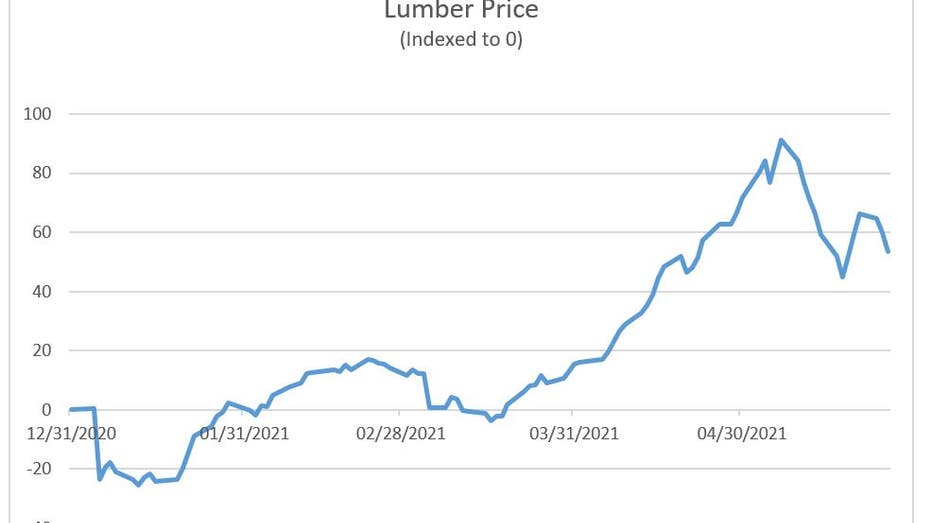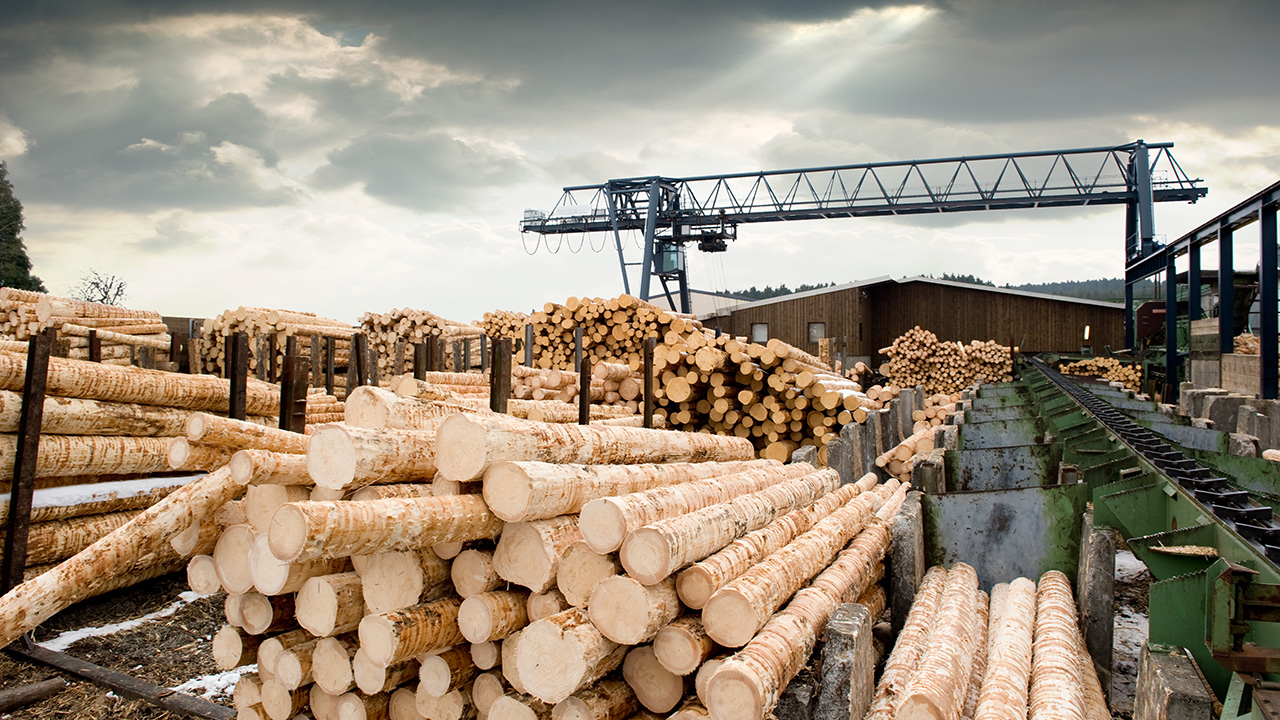Trump pins lumber crisis on Biden policies
Trump said, 'It's going to be ugly when you look at the cost of a house, just the materials for a house'
New home prices skyrocket amid lumber shortage
The cost of lumber is skyrocketing, causing new home prices to surge amid the coronavirus pandemic. FOX Business' Grady Trimble with more.
Former President Donald Trump says the Biden administration is to blame for surging lumber prices that are weighing down the housing market.
Biden’s Depart of the Interior earlier this year moved to block Trump’s decision to roll back habitat protections for the spotted owl which would have opened up millions of acres to the timber industry.
"They don't want to take down any trees, so we end up buying them from other countries," Trump told Newsmax’s Steve Cortes.
WOKENESS AT FED'S REGIONAL BANKS PUTS CENTRAL BANK INDEPENDENCE AT RISK
The U.S. imports about $4.5 billion of softwood lumber each year from Canada. The Biden administration last week took steps to double tariffs on those imports despite pleas from homebuilders to remove the 9% tax.
Lumber futures traded at CME Group have surged by as much as 90% this year, hitting a record high of $1,670 earlier in May, due to supply chain bottlenecks and strong demand for building projects amid the pandemic.

Lumber prices have "gone through the roof," Trump said. "It's going to be ugly when you look at the cost of a house, just the materials for a house."
The spike in lumber prices has added $36,000 to the cost of building an average-sized new home.
Rising prices have begun to put a damper on the red-hot U.S. housing market, which accounts for approximately 13% of the U.S. economy.
Sales of new homes declined 5.9% in April to 970,000 units, according to a Census Bureau report released Tuesday, as the high cost of materials left builders reluctant to sign contracts. Others entering contracts have been adding escalator clauses to protect against increases.
GET FOX BUSINESS ON THE GO BY CLICKING HERE
New home sales make up about 10% of the housing market.
Earlier signs of a potential slowdown in the housing market popped up last week when a Commerce Department report showed housing starts fell 9.5% in April to a seasonally adjusted 1.71 million homes. Economists also attributed that larger than expected decline to soaring costs for lumber and other materials.




















